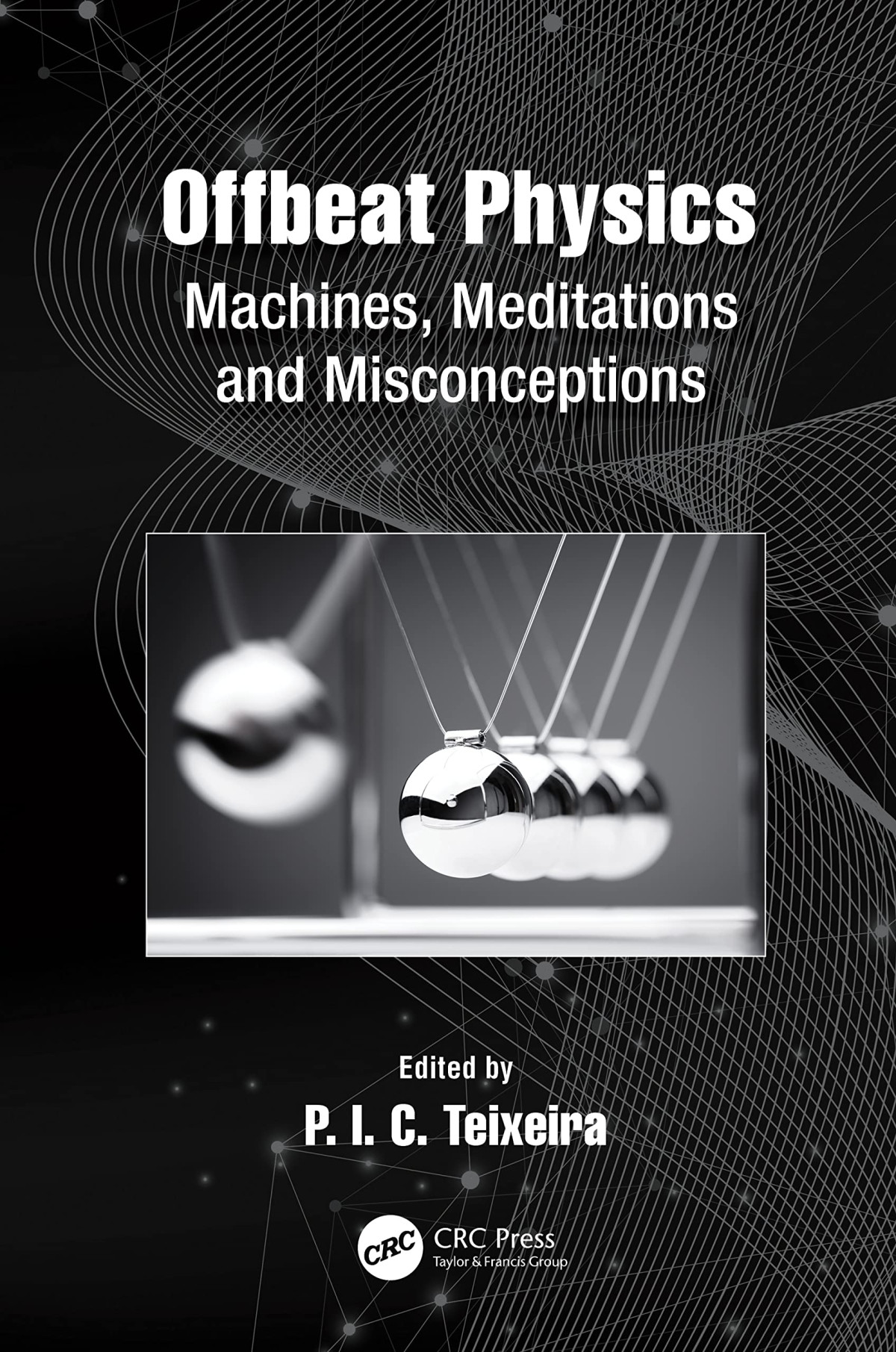

Most ebook files are in PDF format, so you can easily read them using various software such as Foxit Reader or directly on the Google Chrome browser.
Some ebook files are released by publishers in other formats such as .awz, .mobi, .epub, .fb2, etc. You may need to install specific software to read these formats on mobile/PC, such as Calibre.
Please read the tutorial at this link: https://ebookbell.com/faq
We offer FREE conversion to the popular formats you request; however, this may take some time. Therefore, right after payment, please email us, and we will try to provide the service as quickly as possible.
For some exceptional file formats or broken links (if any), please refrain from opening any disputes. Instead, email us first, and we will try to assist within a maximum of 6 hours.
EbookBell Team

4.8
74 reviewsOffbeat Physics: Machines, Meditations and Misconceptions is a collection of articles on various topics in classical physics that have intrigued the author and their students throughout the years.
The book is divided into three parts. Part I -- Machines, comprises chapters that explain or model the workings of a number of machines (understood in a broad sense) on the basis of physical principles. These machines can be as simple as a rolling wheel or as complex as a jet engine. Then in Part II -- Meditations, the authors go beyond the standard examples, experiments and approximations discussed ad nauseam in most physics textbooks, but which are not always very exciting or realistic. For example, what happens when colliding bodies are not perfectly rigid -- as we know real bodies are not? Finally, Part III -- Misconceptions aims to correct misconceptions that students may have about physical phenomena or clarify issues that are often presented misleadingly, confusingly or imprecisely in textbooks, such as the relationship between angular momentum and angular velocity in rotational motion.
This is a book for all those who wish to learn physics beyond the textbooks and from more realistic problems, often occurring in engineering contexts. It will be useful to instructors at all levels, as well as highly motivated students taking General Physics courses in higher education.